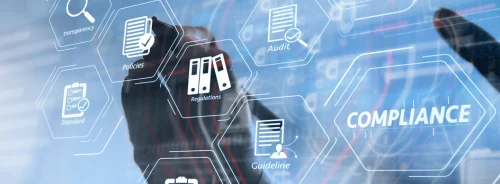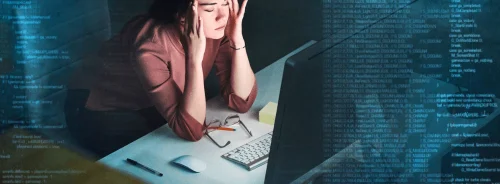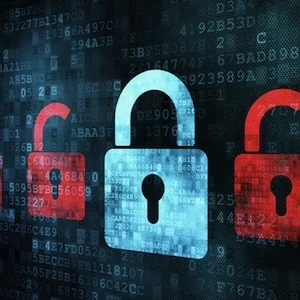Europol published its much – anticipated annual Internet Organised Crime Threat Assessment (IOCTA) report on Wednesday providing a frontline view for healthcare on how the cybersecurity threat is evolving and what organisations can do to fight it.
The assessment focuses on important developments and emerging threats in cybercrime activity mostly from law enforcement across the EU Member States. Private industry, the financial sector and academia also contribute.
The report lists a number of key recommendations to deal with cybercrime and hones in on priority areas that inform the definition of operational actions for law enforcement across the EU.
The three main mandated areas are child sexual exploitation, cyber attacks, and payment fraud.
See Also:No More Ransom
The 2015 report highlighted the rise in professionalism amongst cybercriminals in the following areas:
- How attacks are planned and orchestrated;
- Use of new methods and techniques;
- Using well-known attack vectors;
- An increase in appetite for risk appetite and willingness to confront victims.
Healthcare date breach attacks are in the headlines
regularly as activity amongst cybercriminals escalates. Europol was one of the
authors of the No More Ransom website launched in July this year, a site along
with the National High Tech Crime Unit of the Netherlands’ police and two
cybersecurity companies – Kaspersky Lab and Intel Security. The site
aims to help ransomware victims retrieve their encrypted data
without having to resort to paying criminals.
“Paying the ransom is never recommended, mainly because it does not guarantee a solution to the problem. There are also a number of issues that can go wrong accidentally. For example, there could be bugs in the malware that makes the encrypted data unrecoverable even with the right key,” Europol told HealthManagement.org.
Europol also advised immediate reporting to police following any cybercrime incident rather than hiding it for fear of a negative impact on reputation.
“It is critical that when an organisation is hacked, that they report it to police right away. Europol can support a hacked organisation and help them retrieve their data.”
Source: www.europol.europa.eu
Image Credit: npr.org










